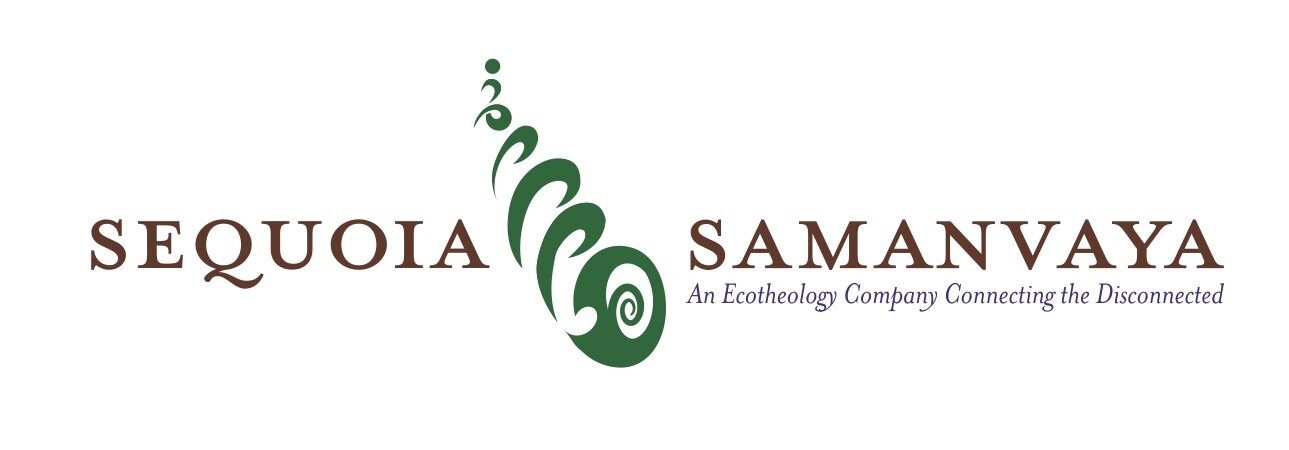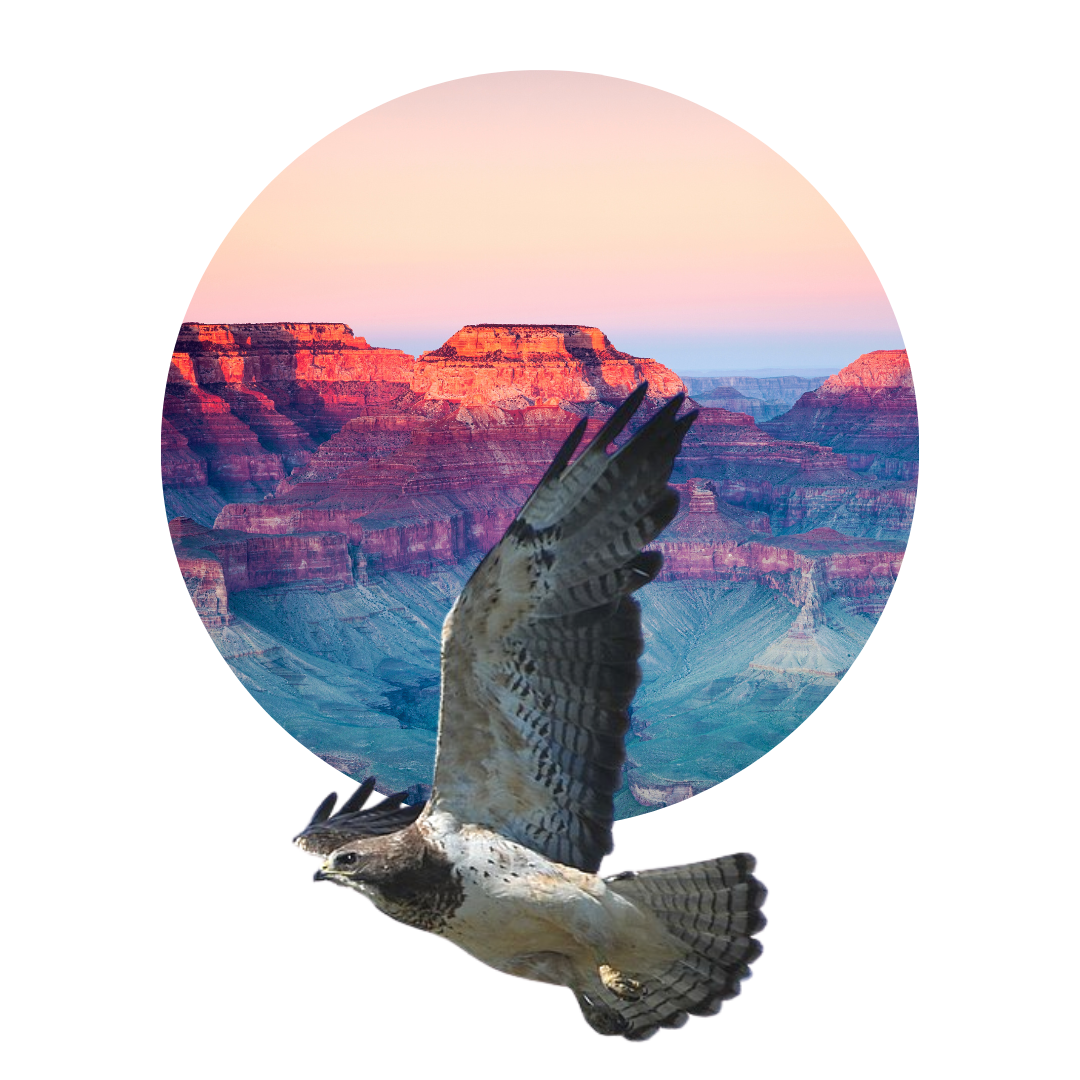Grounding Land Acknowledgements
So you've done a land acknowledgment...
or several... and you want to go deeper.
You know, so much more is possible with land acknowledgments.
You want to find ways to better acknowledge the land and waters;
to engage differently with histories of pain and suffering; to go beyond the superficial.
Land acknowledgements are invitations for a closer relationship with indigenous peoples and with the land/waters that we today live upon.
They offer opportunities for re-storying our nation through the entry point of geography, names, and various forms of recognition across time and space. The potential here is far more than a sentence at the end of a website or the beginning of an event. But to step into the possible, it helps to have clear stepping stones. This course offers a clear, easy-to-follow pathway into the complexity and possibility of land acknowledgements.
We teach this course via dialogue; participants will engage in research and reflection.
Who is this for?
We encourage participation from those who
1) already know (or know how to find out) what land they are on, and
2) are already creating/saying land acknowledgments of various forms. We encourage those who are part of organizations. That said, participants who are taking this class as individuals will get a lot out of it.
People who have read our guide-booklet are strongly encouraged to apply.
We cover
Meet your instructors:
Sara Jolena Wolcott
is a descendant of the founding families of the United States (Henry Wolcott arrived in 1635; Oliver Wolcott signed the Declaration of Independence) and trained as an eco-theologian and minister at Union Theological Seminary. Her ancestors worked closely with - and sometimes fought with - people from the Haudenosaunee Confederacy. She founded and directed the international learning community Sequoia Samanvaya. In addition to her eco-spiritual, multi-faith, and unconventional ministries, she brings international experience working with communities around sustainable development/regenerative cultures - an experience that taught her the importance of myths, spirituality, and cosmovisions in enabling regenerative societies. She is delighted to serve as a Legacy Advisor for Innovation 4.4.
Kristine Marie Hill
is a member of the Beaver Clan, Tuscarora Nation, and Haudenosaunee confederacy. As an educator on the Tuscarora reservation for 20 years, she has worked closely with these stories.
Recently, she founded Collective Wisdoms, wherein she works as an indigenous peacekeeper and restorative practitioner with national and international religious, educational, and corporate institutions. She is an active member of the Ahimsa Collective and The Hive.
She is the proud mother of four adult children and a grandson. Her family lives both on and off the Tuscarora reservation, including in Canada.
Quotes from previous students:
"Long after I took a course with Sara Jolena and Kristine, I heard their voices in my head, guiding and supporting me as I go through the world. They are not like other teachers. Their easygoing, conversational style is welcoming, and encouraging, and stays with you long after the class itself. I can be fully myself with them, and that has been a tremendous gift in my own spiritual journey." - J.B., previous student











